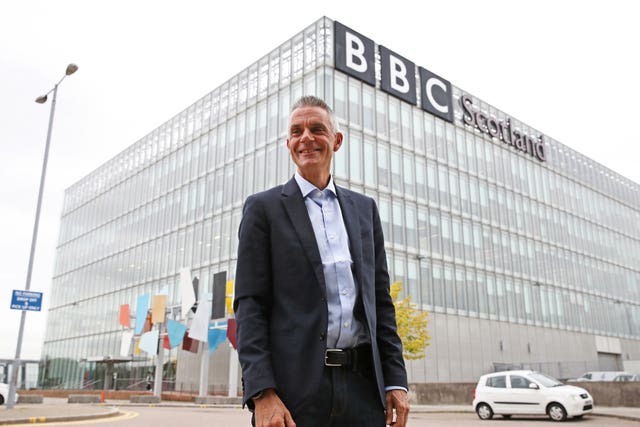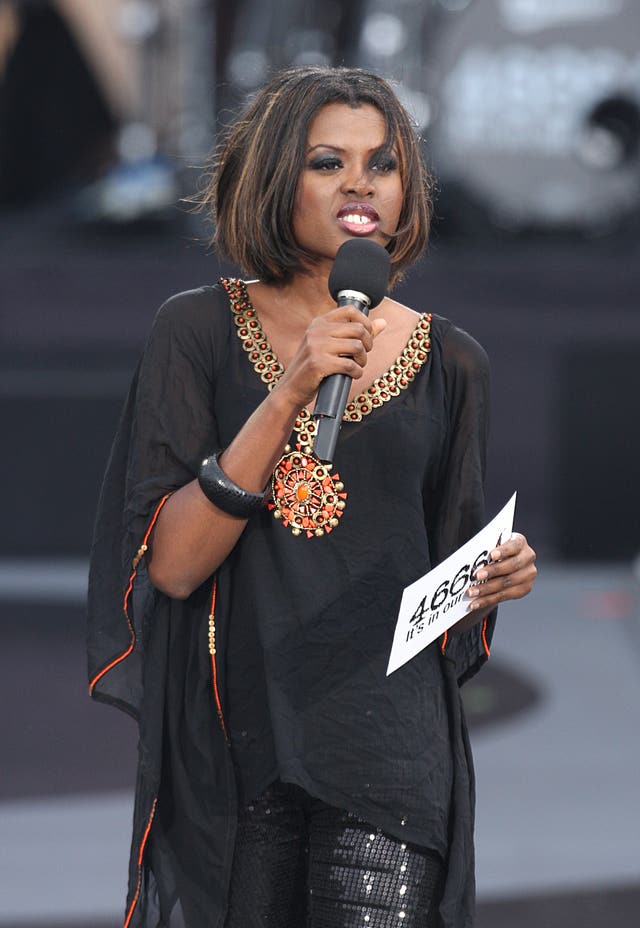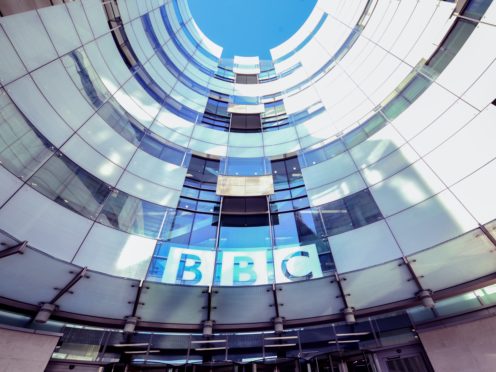BBC programme-makers have been asked to monitor the ethnicity and disability representation of on-screen contributors.
The gender of people who appear in programmes – such as reporters, commentators, spokespeople, analysts and academics – is already measured by the likes of The One Show, News at Six, BBC Breakfast and Songs Of Praise.
Director-general Tim Davie now wants ethnicity and disability to be monitored, although the move will be voluntary.
“It’s absolutely vital the BBC reflects the public it serves,” he said.
A 50:50 Project to measure female contributions “has had a powerful impact over the last three years”, he added.

“I think it has the potential to achieve even more and to find new voices for our content.”
The new BBC boss also wants other media companies to publish data on female representation.
He said: “This is not just a challenge for the BBC, but for all media organisations. I’m delighted more organisations are coming on board, as together we can deliver positive change.”
Targets will be adjusted for regional and international content according to audience demographics.
Mr Davie has previously said the BBC must achieve diversity targets for black, Asian and minority ethnic (20%) and disability (12%) representation in the workforce.
More than 600 BBC teams have been collecting gender data, including Radio 4’s The World This Weekend, The Andrew Marr Show, Radio 5 Live Breakfast, coverage of the Glastonbury Festival and the Sports Personality Of The Year programme, as part of the 50:50 Project.
Mr Davie has previously admitted the lack of diversity in the top 10 list of the highest paid BBC stars means more has to be done.

The top 10 includes Gary Lineker, Zoe Ball, Graham Norton, Steve Wright and Huw Edwards.
The director-general said 18% of all stars earning more than £150,000 are from black, Asian and minority ethnic (BAME) backgrounds, compared with 12% in 2016/17.
“We made good progress, if you look across the industry we’re in a good place, but we’ve got work to do,” he previously told the PA news agency.
Earlier this month, the BBC’s diversity chief June Sarpong said the corporation has “serious issues” connecting with working-class audiences.
She said the broadcaster would have a “more in-tune relationship with more of our audiences” under its new chief.
On Thursday, the BBC also announced a “focus on diversity” in its new children’s programming.
Shows will include Our Black History Heroes, a CBBC series profiling figures from the black community including Serena Williams, Martin Luther King and Mary Seacole.
